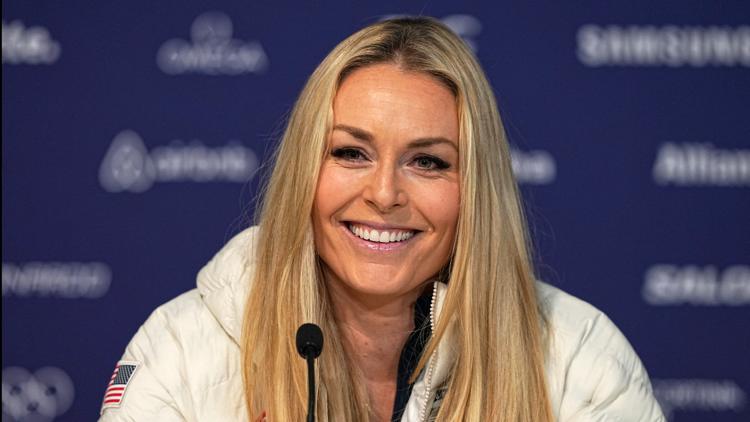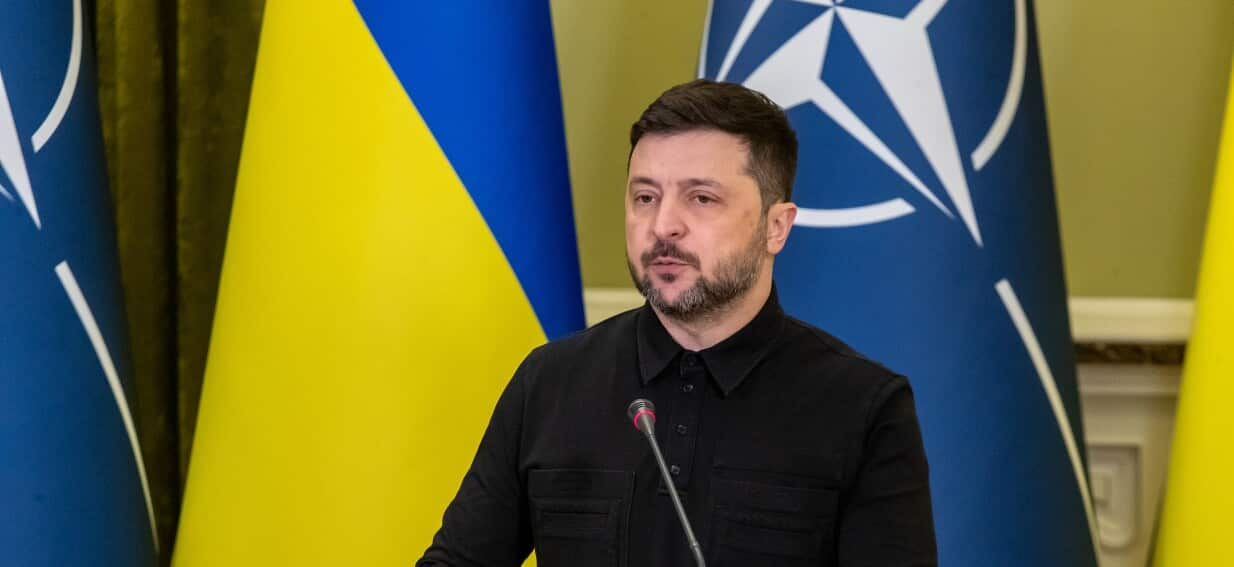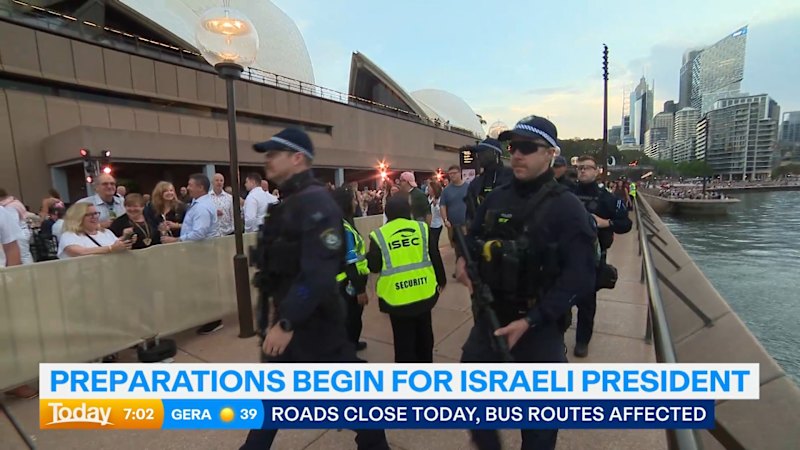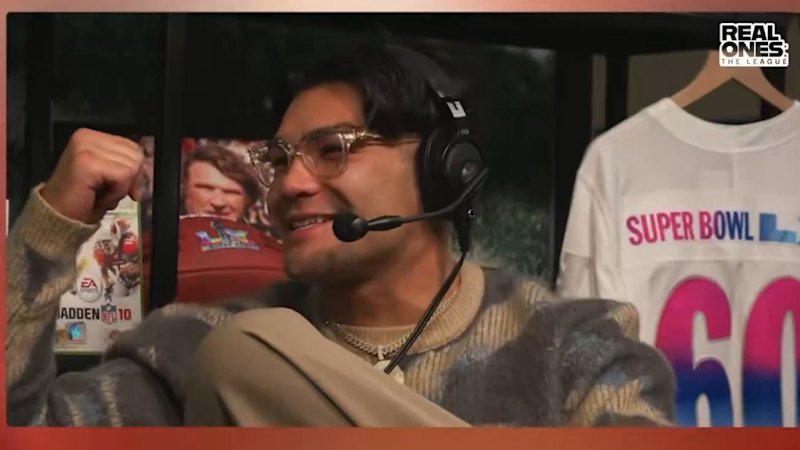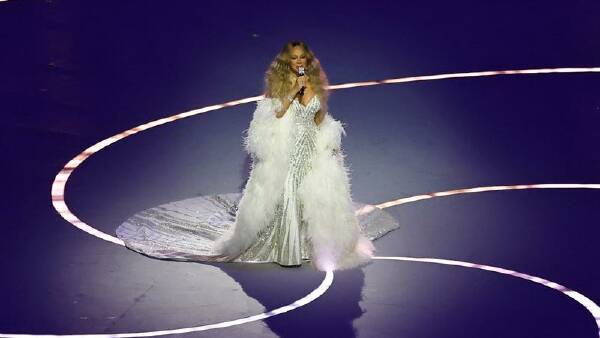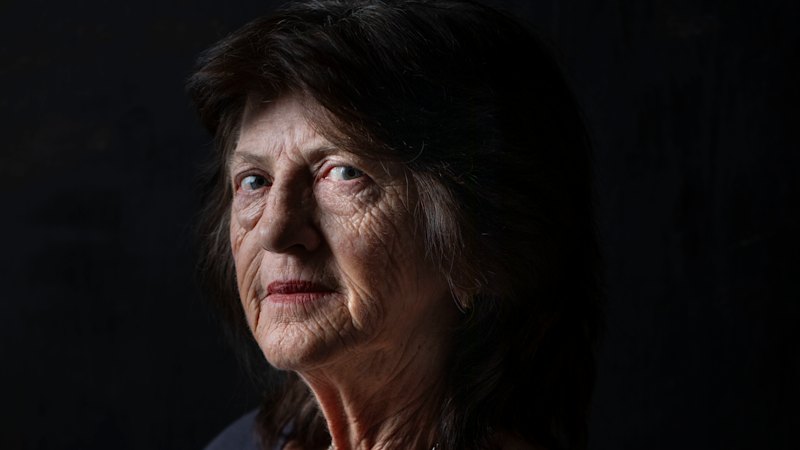
Kathy Hodgson is engaged in a significant struggle to have her true identity recognized by authorities in New South Wales. After discovering she was adopted, Hodgson is now on a quest to replace her current birth certificate with one that reflects her biological heritage. This fight, which has persisted for over two years, will reach a crucial point on March 5, 2024, when she appears before the NSW Civil and Administrative Tribunal (NCAT) to present her case.
From her home in Kingston, located southeast of Brisbane, Hodgson recounts her journey. Her husband, Jim, provides light-hearted comments, helping to ease the tension of their extraordinary situation. “She’s come back from the dead,” he quips, a reflection of the emotional turmoil they have faced. The couple has relied on humor to navigate the difficult challenges that have surfaced.
Hodgson, aged 68, has been adamant that her adoption was illegal. She believes she was taken from her biological mother, who was misinformed that her child had been stillborn. “It wasn’t legal what they did,” she asserts, emphasizing the profound impact this has had on her life.
The upcoming hearing will be pivotal. Hodgson is representing herself and hopes to convince the tribunal that her official birth certificate, which lists her adoptive parents, should be replaced with one that accurately reflects her biological ties. She has gathered substantial evidence, including a DNA test from her biological mother, which indicates a remarkable 99.9999971747 percent chance of maternity. Despite this, the NSW Registry of Births, Deaths and Marriages previously denied her application to amend her birth certificate, prompting the current tribunal review.
Hodgson’s pursuit of her identity has taken a toll on her health. She has experienced repeated illnesses and has lost approximately four kilograms during this emotional ordeal. This situation extends far beyond just paperwork; it involves deep family secrets and the quest for truth.
The origins of this situation trace back to 2006, when Hodgson’s adoptive brother revealed to her that she was adopted following the deaths of their parents. The revelation shattered her understanding of her family. Despite initially dismissing his claims due to a lack of legal documentation, Hodgson began to reconsider after a family tragedy led her to question her origins further.
In 2022, Hodgson decided to take action by utilizing home DNA testing kits that have gained popularity for ancestry exploration. The results were shocking; she discovered a close family match to a woman named Kylee, who lives on the Central Coast of New South Wales. Their connection led to further testing, revealing that Kylee’s mother, Vivyene, is a full sibling match.
Hodgson learned she has three full siblings and two half-siblings, many of whom grew up just streets away from her in Fairfield, Sydney. Tragically, her biological father, William Annesley, passed away in 1993, but her mother, Nita, was alive and residing in a nursing home.
On the brink of a long-anticipated family reunion, Hodgson embarked on a 13-hour drive to meet her newfound relatives. The emotional encounter, which took place just before Mother’s Day in 2023, was filled with tears and immediate connections. “As I walked around the corner, they just took one look and came racing over,” she recalls. The meeting was overwhelming, particularly when she encountered her mother, who had been prepared for Hodgson’s arrival despite suffering from dementia.
Photos of Hodgson and Nita at similar ages reveal an uncanny resemblance, including a distinctive gap between their front teeth. The circumstances around Hodgson’s adoption remain murky. There is little remaining evidence of Fairview Private Hospital in Fairfield, where her birth certificate indicates she was born. Historical records suggest that the hospital faced legal issues stemming from fraudulent practices in the past.
The complexity of Hodgson’s case is compounded by the historical context of forced adoptions in Australia, particularly from the 1940s to the early 1980s. A Senate inquiry published in 2012 examined the illegal removal of children during this era, highlighting the emotional and bureaucratic traumas many individuals face in reclaiming their identities. The inquiry called for greater support for those affected and recommended a national framework to address these injustices.
Hodgson’s current battle echoes that of other adoptees, such as Peter Capomolla Moore, who won a similar appeal in 2023 to amend his birth certificate. Advocates for adoptee rights emphasize the importance of compassion and understanding from authorities in rectifying these situations. The NSW Registry of Births, Deaths and Marriages stated it cannot provide comments on individual cases but noted that changes to birth records can occur under specific legal circumstances.
Hodgson, who lives on an aged pension, has faced numerous challenges throughout this process and cannot afford legal representation. Despite these obstacles, she remains determined to secure her rightful identity. “It’s not as if I’m asking them for a million dollars,” she explains. “All I’m asking them to do is to correct the details in the registry.”
While the outcome of her tribunal hearing remains uncertain, Hodgson is hopeful for a resolution that will honor her true identity and provide peace after years of searching. She looks forward to the day when her legal documents reflect her reality, a moment that will be celebrated with her newfound family. “Now, I’ve found my real family, and they’re just wonderful,” she expresses. “They are backing me all the way.”
